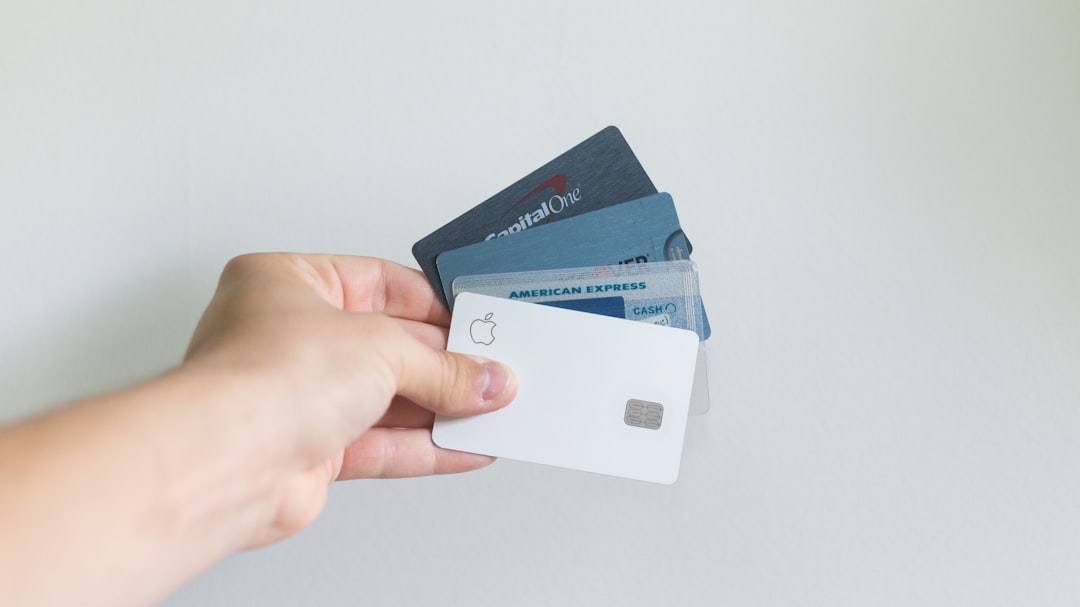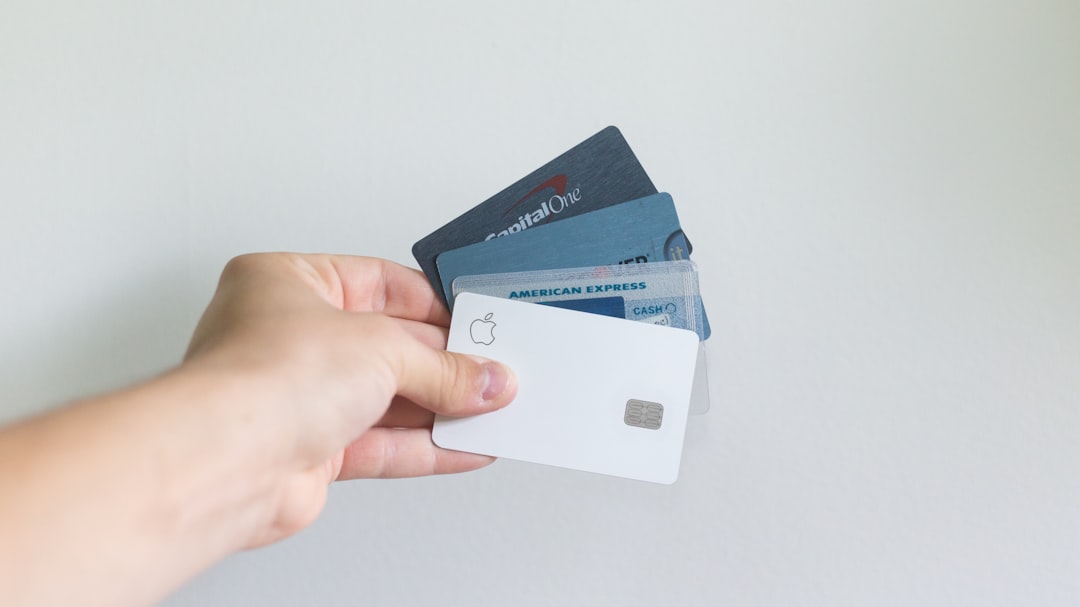Self-employed individuals facing financial challenges can find relief through Debt Consolidation Loans for the Self Employed. These loans consolidate multiple debts, reduce interest expenses, simplify repayment, and adapt to irregular income streams. Alternative lenders assess business finances and tax returns to qualify borrowers, empowering them to manage debt effectively and boost credit scores over time. The process involves comparing lenders, gathering documents, applying online or directly, and reviewing loan terms. This strategic approach enhances financial stability and opens doors for long-term growth.
Struggling with debt as a self-employed individual? Debt consolidation loans could offer a lifeline, especially those without traditional credit checks. This guide navigates the world of Debt Consolidation Loans for the Self-Employed, highlighting benefits tailored to freelancers and the unique challenges they face. Learn how to qualify without relying on traditional credit scores, explore application steps, understand alternative lenders, and tips for managing your loan while improving financial health.
- Understanding Debt Consolidation Loans for Self-Employed
- Benefits of No-Credit-Check Loans for Freelancers
- Qualifying for Debt Consolidation Without Traditional Credit
- The Application Process: Steps to Follow
- Alternative Lenders and Their Requirements
- Managing Your Loan and Improving Financial Health
Understanding Debt Consolidation Loans for Self-Employed

Debt consolidation loans for self-employed individuals offer a unique opportunity to manage financial obligations more effectively. These specialized loans are designed to help entrepreneurs and freelancers who may lack the consistent employment history or credit scores required for traditional loan options. By consolidating multiple debts into a single, often lower-interest, loan, self-employed borrowers can simplify their repayment process, save on interest costs, and improve cash flow management.
This approach is particularly beneficial for those with varied income streams or irregular earnings, as it allows them to base their loan eligibility on business performance and financial statements rather than solely relying on credit scores. Debt consolidation loans enable self-employed individuals to gain control of their finances, negotiate better terms, and potentially free up time and resources to focus on business growth and development.
Benefits of No-Credit-Check Loans for Freelancers

For freelancers and self-employed individuals, navigating financial challenges can be particularly tricky due to income volatility and a lack of traditional employment verification. Traditional loan options often require extensive credit checks, which can be a significant hurdle for those with limited or no credit history. Debt consolidation loans with no credit check offer a lifeline in these situations, providing several advantages tailored to the self-employed.
These loans allow freelancers to consolidate multiple debts into a single, more manageable repayment structure. By streamlining various financial obligations, individuals can reduce stress and better allocate their resources. Moreover, no-credit-check loans can be particularly appealing as they often come with flexible terms and rates, enabling the self-employed to design a repayment plan that aligns with their irregular cash flow patterns. This accessibility paves the way for freelancers to gain control over their finances and make informed decisions about their business and personal debt.
Qualifying for Debt Consolidation Without Traditional Credit

Many individuals, especially those who are self-employed or have an unconventional income stream, might worry about their ability to qualify for debt consolidation loans. Traditional credit checks often pose a challenge in such cases as they rely heavily on past borrowing and repayment behavior. However, lenders are increasingly recognizing the value of alternative credit data, which can open doors for those without a strong traditional credit history.
Debt consolidation is still achievable through specialized lenders who cater to self-employed individuals or those with inconsistent income patterns. These lenders may consider factors like business finances, tax returns, and bank statements to assess repayment capacity. This approach ensures that responsible borrowers with the means to repay can access debt consolidation loans, helping them streamline their debts and regain financial control.
The Application Process: Steps to Follow

Applying for debt consolidation loans with no credit check, especially as a self-employed individual, involves several straightforward steps. Firstly, compare lenders and their offerings to find one suited to your needs. Many reputable online platforms or financial advisors can assist in this process by providing detailed reviews and recommendations. Once you’ve identified a lender, prepare the necessary documents, which typically include proof of income, bank statements, and business registration papers if applicable.
Next, initiate the application by filling out an online form or contacting the lender directly. Be prepared to disclose your financial situation honestly and accurately. Some lenders may require additional information, such as tax returns or detailed business financial records. After submitting the application, wait for a response; approval times vary among lenders. If approved, review the loan terms, including interest rates, repayment plans, and any associated fees before accepting the offer.
Alternative Lenders and Their Requirements

Many traditional lenders shy away from offering debt consolidation loans with no credit check, especially for those in the self-employed or freelance sectors. This is because they often rely on credit scores as a primary indicator of repayment ability. However, alternative lenders have stepped in to fill this gap, providing a lifeline for individuals who may not have a conventional credit history or whose financial situations are complex.
These alternative lenders typically focus less on credit checks and more on assessing an applicant’s income, business stability, and the potential for future earnings. They may also consider other factors like employment duration and asset ownership. This approach makes debt consolidation loans for the self-employed more accessible but requires borrowers to present robust alternative financial documentation to secure approval.
Managing Your Loan and Improving Financial Health

Once approved for a debt consolidation loan, managing your finances responsibly is key to improving your financial health. For those who are self-employed, this involves tracking expenses, staying within budget, and ensuring timely repayments. Debt Consolidation Loans for the Self Employed offer a unique opportunity to streamline payments, making it easier to manage cash flow and plan for future financial goals.
By prioritizing debt repayment, individuals can reduce stress related to multiple loans and high-interest rates. As you make consistent payments, your credit score may also improve over time, opening up additional financial opportunities in the future. This proactive approach not only helps manage existing debt but also paves the way for a more secure financial future.
Debt Consolidation Loans for the Self-Employed offer a viable solution for managing finances without the strict traditional credit check. By understanding the benefits tailored to freelancers and the qualifying criteria, individuals in this unique profession can access funds to consolidate debts and improve their financial health. The application process is straightforward, and by exploring alternative lenders with flexible requirements, borrowers can find relief from debt burdens. Embracing these loans empowers self-employed individuals to take control of their finances and work towards a brighter financial future.
